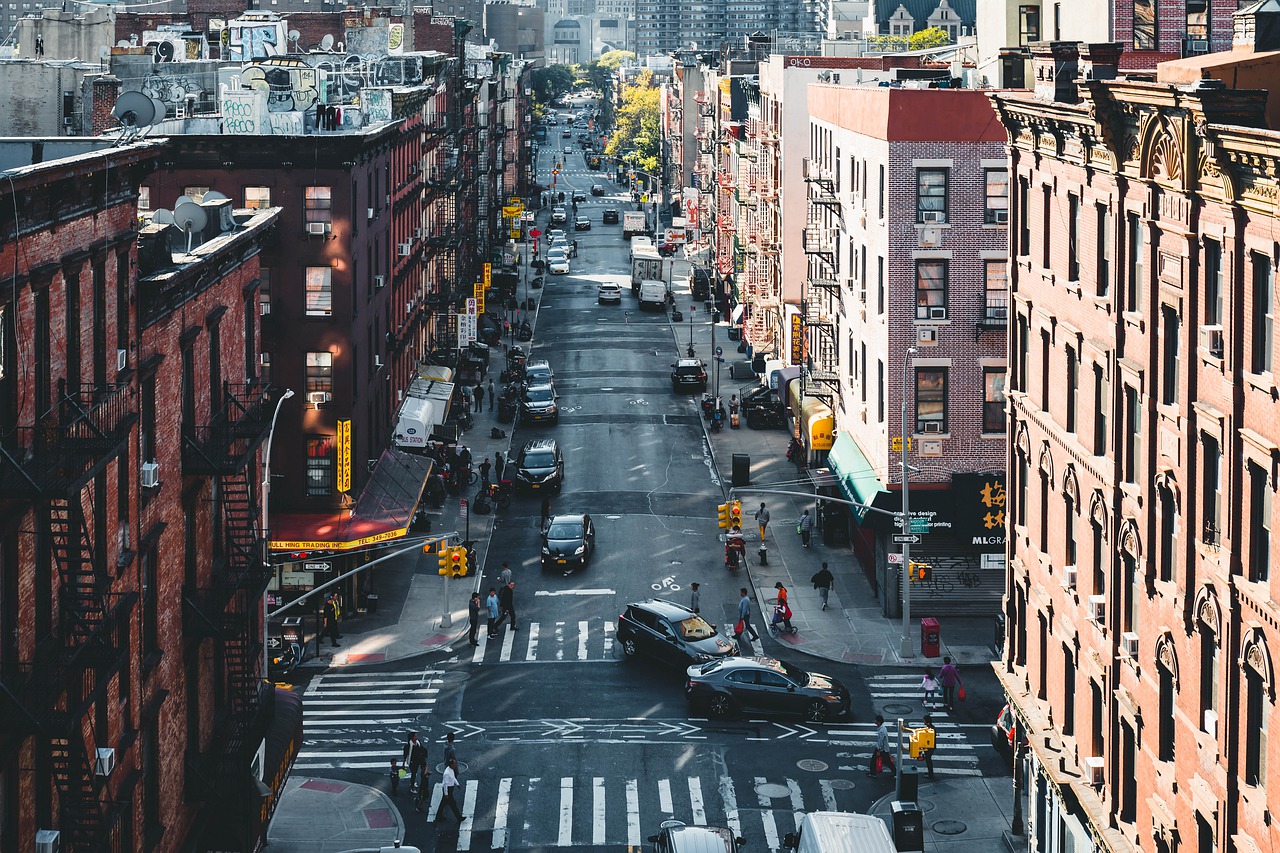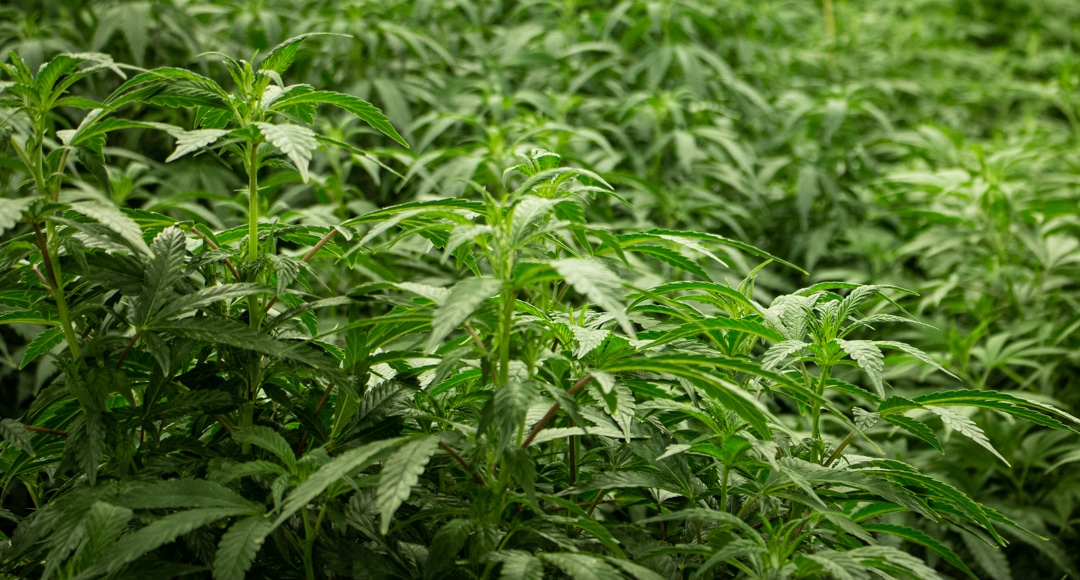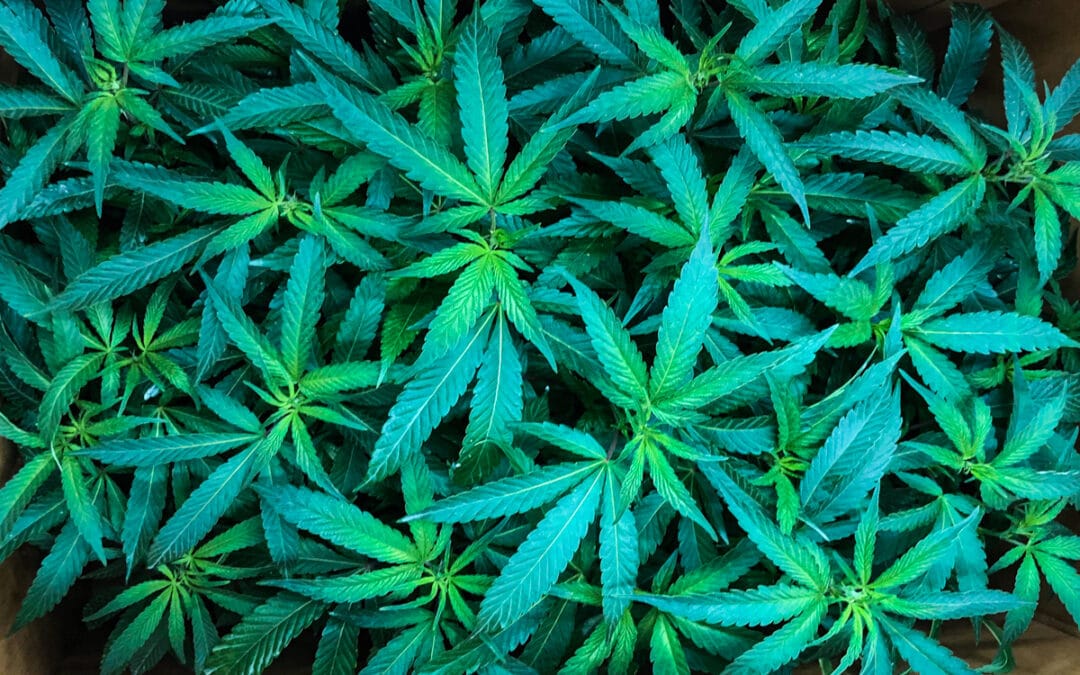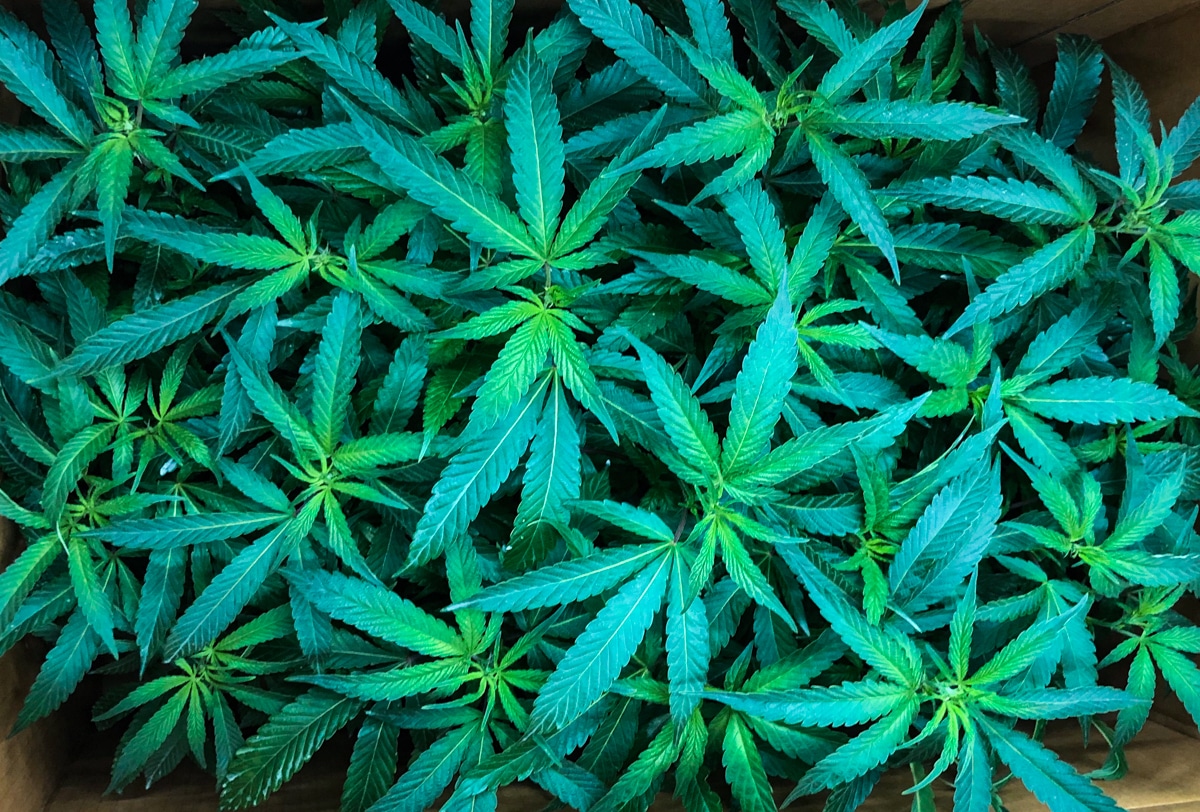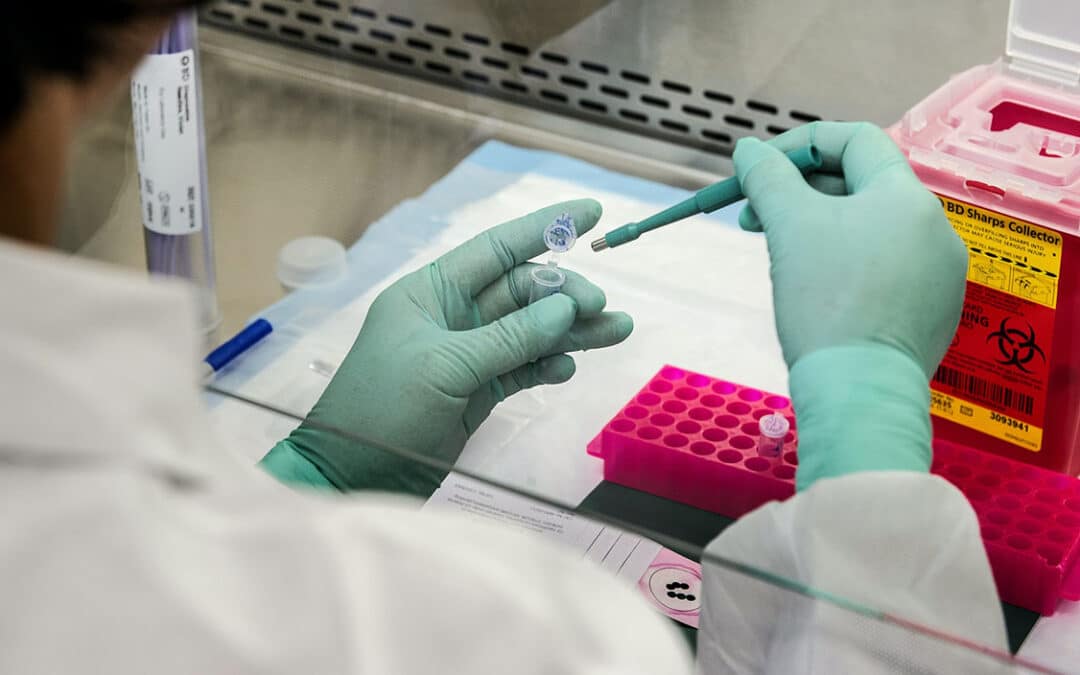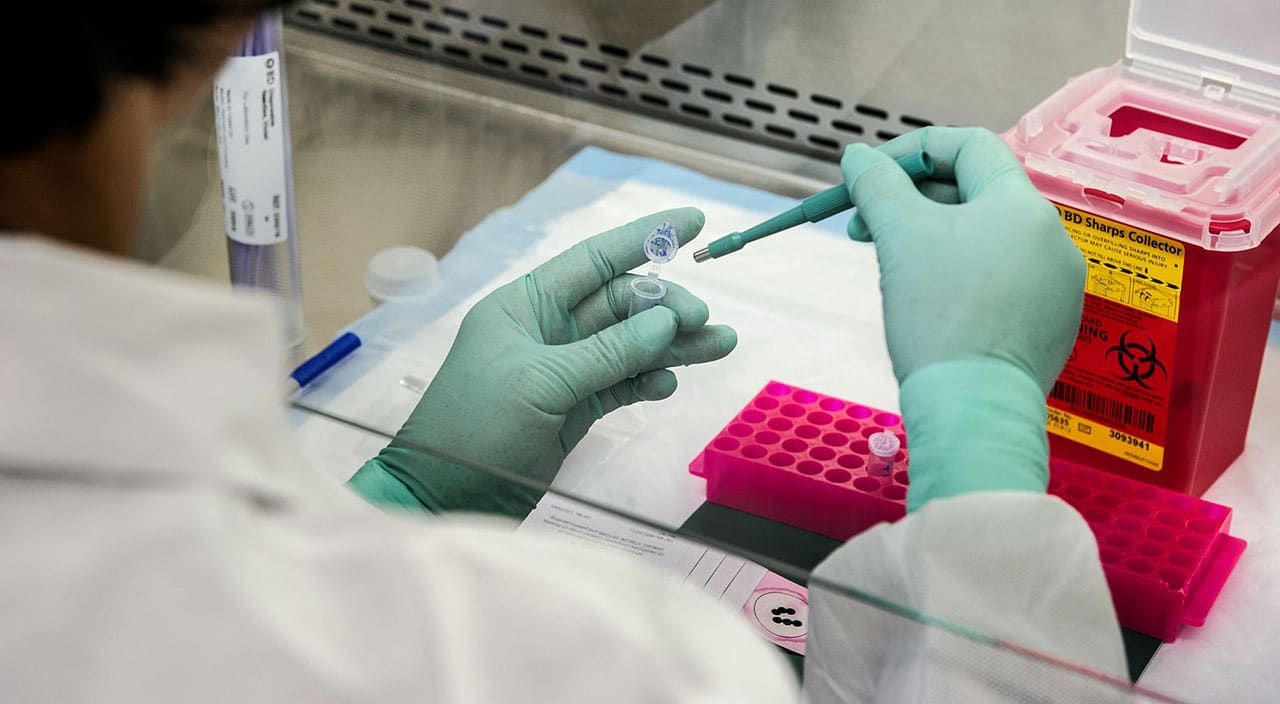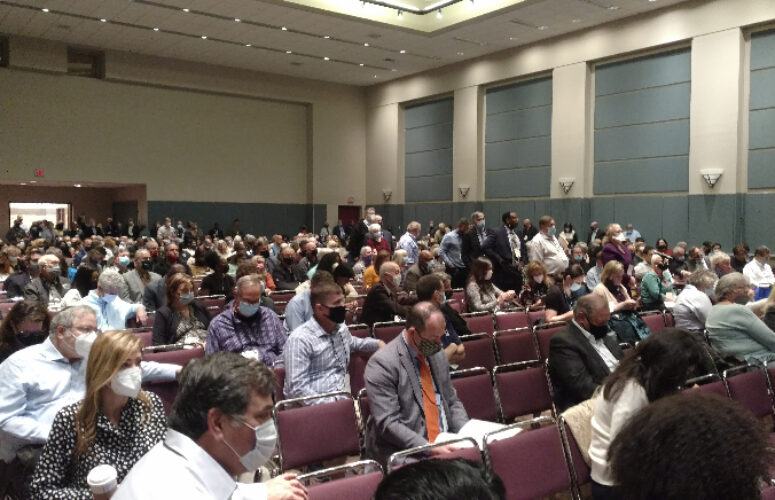Daniel Bucheli, spokesman for the South Dakota Department of Health, said the department’s ability to handle an influx of applications is due to the months of preparation that have gone into the medical cannabis program.

Kentucky lawmaker proposes decriminalizing cannabis possession and use

Kentucky adults would be able to use, possess and grow small amounts of cannabis under a pair of bills proposed for the upcoming legislative session.
The measures—one of which would amend the state Constitution—seek to decriminalize the personal use of cannabis, but wouldn’t create the system of licensed growers and retailers seen in other states that have legalized it.
Rep. Nima Kulkarni, a Democrat from Louisville and sponsor of the bills, said Kentucky is in a “confused place” because polling shows most voters are in favor of legalizing cannabis but lawmakers still won’t do it.
“We are in a shrinking minority of states that have no provisions for adult cannabis use. I think given the momentum it has nationally and statewide, I think we need to do something, and I think our voters want us to do something,” Kulkarni said.
According to a 2020 poll by the Foundation For A Healthy Kentucky, 59% of Kentuckians support legalizing cannabis for adults and 90% support legalizing it for medical use.
One of Kulkarni’s proposals would:
- Eliminate criminal penalties for possessing or selling up to an ounce of cannabis and possessing cannabis paraphernalia
- Allow people to grow up to five cannabis plants
- Allow people to expunge their criminal records if they were convicted for possessing cannabis in the past.
- Change the wording in state law from “marijuana” to “cannabis,” the scientific moniker for the plant.
Kulkarni’s other proposal would amend the state Constitution to give people the right to possess, use and grow cannabis as long as they are at least 21 years old.


